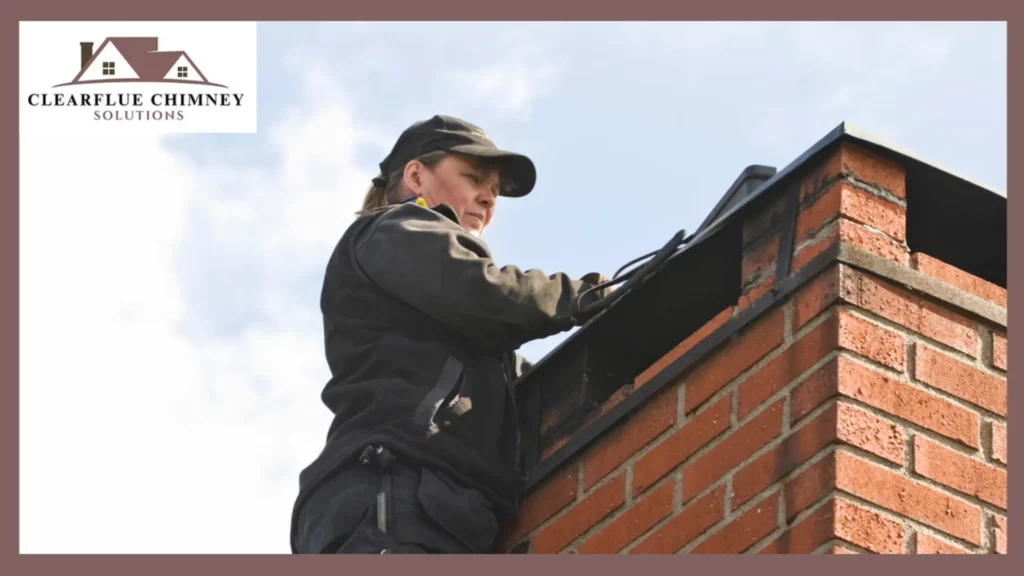A chimney plays an essential role in maintaining the functionality and safety of your home, particularly for those who rely on fireplaces or heating appliances. Regular chimney inspections are crucial for identifying potential hazards and ensuring optimal performance. By understanding how these inspections enhance safety and efficiency, homeowners can make informed decisions about maintaining their systems.
Detecting Fire Hazards
One of the most important aspects of a chimney inspection is identifying fire risks. Creosote, a byproduct of burning wood, can accumulate inside the chimney over time. This flammable substance increases the likelihood of a chimney fire if not removed. Inspections help determine the level of buildup and whether cleaning is necessary, significantly reducing fire hazards and keeping your home safe.
Ensuring Proper Ventilation
A well-functioning chimney ensures that smoke, gases, and other byproducts of combustion are vented safely out of your home. Chimney inspections involve checking for blockages caused by debris, bird nests, or other obstructions that can hinder airflow. Addressing these issues ensures that harmful gases like carbon monoxide do not enter your living space, promoting a healthier indoor environment.
Preserving Structural Integrity
The structural condition of a chimney directly affects its performance and safety. Over time, factors such as weather, age, and regular use can cause cracks, gaps, or deterioration in the masonry or flue liner. During an inspection, professionals assess these structural elements to identify weaknesses that may compromise the chimney’s stability. Early detection allows for timely repairs, preventing costly damage and ensuring the chimney operates efficiently.
Enhancing Energy Efficiency
A well-maintained chimney improves the overall efficiency of your heating system. Inspections help identify issues such as damaged dampers, which can lead to heat loss when not functioning correctly. Additionally, addressing insulation concerns within the chimney can prevent energy waste, ensuring that your heating system operates more effectively while reducing utility costs.
Understanding the role of chimney inspections in ensuring safety and efficiency allows homeowners to maintain a secure and functional system. Regular assessments not only protect your home but also contribute to energy savings and long-term performance.
Learn more about chimney inspection:
The Role of Chimney Inspection in Identifying Potential Hazards
Key Chimney Inspection Elements Every Homeowner Should Know

